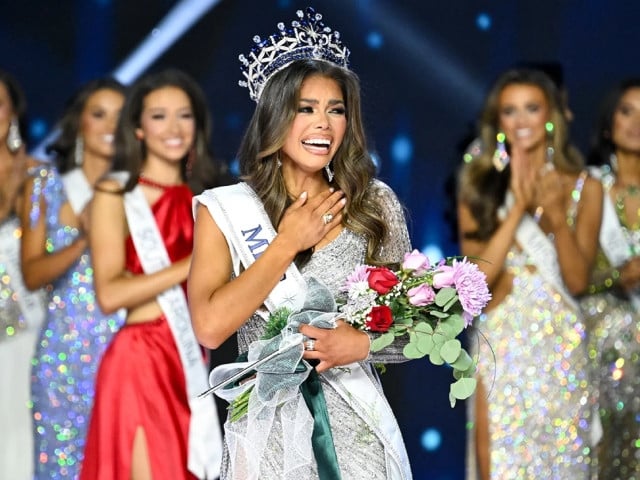American Fiction Movie
Jeffrey Wright, a learned Black novelist and college professor irritated by racial prejudices, gives his greatest performance of his career. American Fiction tells a very intimate story of the protagonist’s family reckoning and unexpected romances, all the while masterfully satirizing society assumptions. The film’s sharp critique of misleading portrayal is a hilarious turn of events. Can you honor achievement that is founded on deception and upholds reprehensible morals? Brilliantly played, immensely entertaining, and thought-provoking, American Fiction is a cinematic masterpiece.
Thelonious “Monk” Ellison (Jeffrey Wright) gets into a heated debate with a white student in his literary class in Los Angeles about the use of the “N word” when the latter takes offense. Monk wants a candid conversation about a book and finds it astounding that the racial epithet has offended someone who isn’t Black. Following a fight with the professors, Monk is forced to take a leave of absence from the school. He receives the heartbreaking news that his novels aren’t popular. Monk’s opinions regarding Greek history are irrelevant. It is advised that he take this time off and reconsider his professional choices.
Table of Contents
Monk makes his long-overdue family vacation back to Boston. Lisa (Tracee Ellis Ross), his sister who works as a gynecologist, just went through a divorce. She is no longer able to do everything on her own for their sick mother Agnes (Leslie Uggams). Lisa is likewise annoyed with their younger brother.
Cliff’s (Sterling K. Brown) medical practice and his kids are caught up in a bitter legal dispute with his wife who deceived him. She is after every single dime after discovering Cliff having an affair. Lisa believes her siblings should take turns bearing the family’s obligations.

A Reprehensible Falsehood
The monk’s troubles get worse when his most recent novel is rejected by publishers. The agent for Monk, Arthur (John Ortiz), reiterates the criticism from his colleagues. How come Monk, like the great author Sintara Golden (Issa Rae), can’t pen a popular song? Her novels are selling out quickly. She has been nominated for significant literary honors and appears on every TV show. Monk hates her from the bottom of his heart. Her work is rife with offensive “ebonics” speech and racially derivative writing.
A displeased Monk chooses to give Arthur and America what they desire in jest. He anonymously hammers out a rough book full of drive-by shootings, Black ‘gangsta’ characters from damaged homes who have done time in jail, and people who indulge in malt liquor. When Arthur tells Monk that publishers are swooning over the work, Monk is completely taken aback.
Who is this fearless author who has managed to distill the spirit of Black culture? Adam Brody, a Hollywood producer, is even interested in paying a huge amount to get the film rights. A bewildered monk finds himself in a perplexing situation. Finally, he’s about to achieve both critical and financial success, but all of it is predicated on a heinous falsehood.
Jeffrey Wright, Sterling K. Brown, & Erika Alexander Discuss American Fiction
American fiction parallels Monk’s book debacle with a number of intriguing subplots.To maintain pretenses, Cliff lived a life of domestic dishonesty and concealed his sexual orientation. Now that he is at last free to be who he truly is, he encounters bitter and nasty slights. Lisa and Monk kept their parents from knowing the truth. Cliff laments not knowing his father’s true identity when he passed away since he was a homophobe. Even though he was disowned, living a lie all his life was painful. These intensely moving scenes are like a kick to the belly. Jefferson highlights the difficulties LGBT Black individuals have in defining their identities and gaining acceptance.
American Fiction purposefully makes fun and Curiosity of some white supporting characters in order to provide a comic comedown. Clearly, the literati group, publishers, other well-known writers, and the patronizing producer are parodies of institutionalized stereotypes. This case has an obvious lesson to be learned in American Fiction. Every racial and ethnic group is diverse. Don’t use the same brush for everyone. There is no accepted definition of “Black enough.”
Orion Pictures, MRC Film, T-Street Productions, and 3 Arts Entertainment are the producers of American Fiction. On December 15, it will be distributed in theaters by Amazon MGM Studios.












